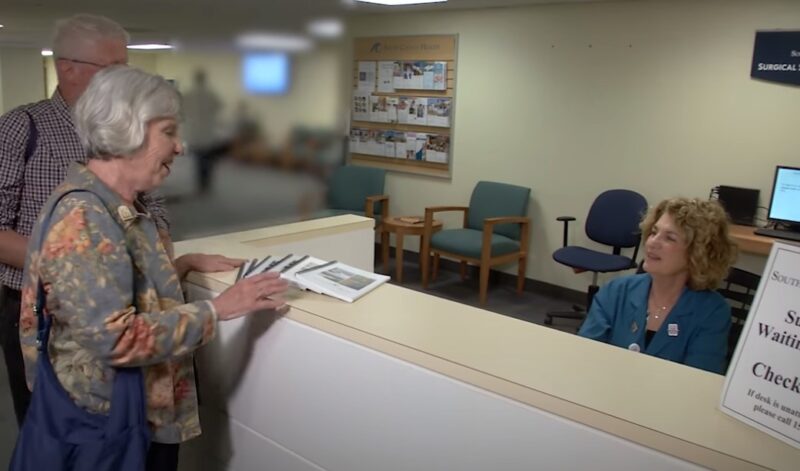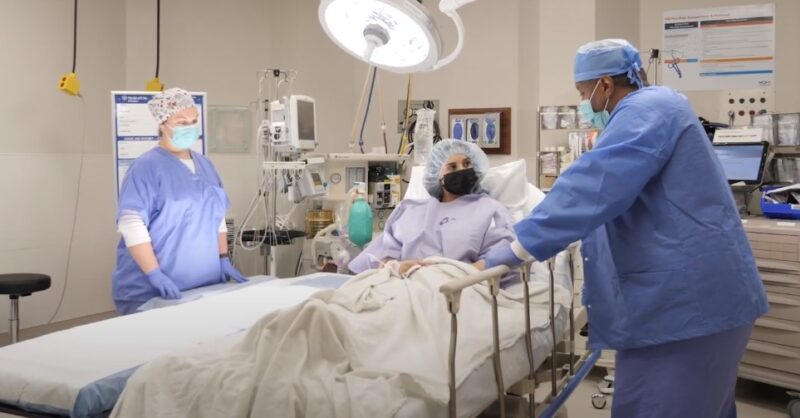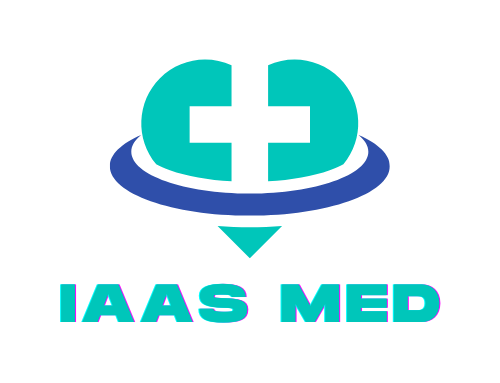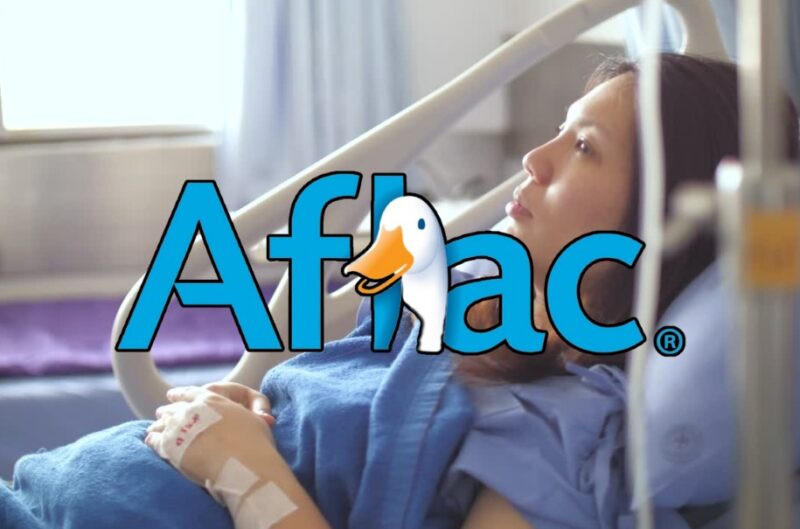Outpatient surgery, a vital component of modern healthcare, offers a convenient and cost-effective alternative to inpatient procedures. As medical costs continue to rise, understanding insurance coverage, particularly from providers like Aflac, becomes increasingly crucial.
In 2023, Aflac’s compensation for outpatient operations is a topic garnering significant attention, especially for those seeking to balance quality healthcare with financial prudence. Aflac pays a fixed amount of money for each type of surgery, depending on the specific policy and the type of surgery performed.
For example, the Aflac Accident policy pays $125 for outpatient operations performed within 90 days of an accident.
The Role of Supplemental Insurance

Supplemental insurance is designed to fill the gaps left by your primary health insurance. It covers additional costs that your regular insurance may not, such as deductibles, copayments, and non-medical expenses.
Aflac’s supplemental insurance policies provide a safety net, ensuring that unexpected medical events don’t translate into financial crises.
The Role of Aflac
Aflac’s policies are particularly beneficial for outpatient surgeries. These procedures, while less invasive and costly than inpatient surgeries, can still lead to significant out-of-pocket expenses.
Aflac’s supplemental coverage steps in to cover these costs, providing financial relief and peace of mind.
Policy Variations and Coverage Limits
Aflac offers different policies with varying coverage limits and benefits. The amount paid for a surgery depends on the specific policy you hold and the nature of the procedure.
It’s crucial to understand your policy’s details to gauge the extent of coverage you can expect.
The Financial Aspect

Outpatient operation costs can vary widely based on the type of procedure, location, and healthcare provider. Factors like facility fees, surgeon’s fees, anesthesia, and medication all contribute to the total cost.
Understanding these factors is essential in estimating your potential out-of-pocket expenses.
How Aflac Complements Primary Health Insurance
Aflac’s supplemental insurance complements your primary health insurance by covering costs that are typically not included in standard policies. This can include lost wages, transportation, and lodging expenses if the surgery requires travel.
Aflac’s benefits are paid directly to you, giving you the flexibility to use the funds where they’re most needed.
Estimating Your Coverage
To estimate how much Aflac will pay for your outpatient surgery, review your policy details and understand the specific benefits it offers for different surgical procedures. It’s also advisable to consult with Aflac representatives or your insurance agent to get a clear picture of your coverage.
Aflac’s Coverage for Specific Surgeries

Aflac’s policies typically cover a wide range of outpatient surgeries. These can include common procedures like hernia repairs, cataract surgeries, and arthroscopic surgeries.
Below is a table illustrating how much Aflac might pay for various types of outpatient surgeries. Please note that these figures are hypothetical and for illustrative purposes only.
Actual payouts can vary based on the specific policy terms and conditions. The key is to understand which surgeries are covered under your specific policy and the amount allocated for each.
| Type of Outpatient Surgery | Hypothetical Aflac Payout |
| Hernia Repair | $500 |
| Cataract Surgery | $400 |
| Arthroscopic Knee Operation | $600 |
| Gallbladder Removal | $550 |
| Tonsillectomy | $450 |
| Carpal Tunnel Surgery | $500 |
| Endoscopy | $350 |
| Varicose Vein Operation | $400 |
| Skin Biopsy | $300 |
| Laparoscopy | $500 |
Remember, the actual amount Aflac pays for each type of outpatient surgery will depend on the specific policy you have, the details of the procedure, and any applicable policy limits or conditions. It’s always best to consult your policy documents or speak with an Aflac representative for the most accurate and up-to-date information.
Policy Exclusions
While Aflac provides broad coverage, certain procedures might be excluded. These exclusions often include elective surgeries or procedures not deemed medically necessary.
It’s crucial to review your policy’s fine print to identify any such exclusions.
Maximizing Benefits
To ensure you receive the maximum benefit for a covered outpatient operation, familiarize yourself with your policy’s terms. Some policies may offer higher payouts for more complex procedures or provide additional benefits for post-operative care.
Filing a Claim with Aflac

Filing a claim with Aflac is a straightforward process. You’ll need to submit a claim form along with supporting documents, such as the surgery bill and medical records.
Timely submission of your claim is crucial to avoid delays in receiving your benefits.
Documentation and Verification
Accurate and comprehensive documentation is key to a successful claim. This includes detailed medical records, opearation bills, and any other relevant documents that Aflac may require.
The company may also need to verify some details with your healthcare provider.
Receiving Your Benefits
Once your claim is approved, Aflac typically disburses the benefits directly to you. This allows you the flexibility to use the funds as needed, whether to cover medical bills, make up for lost income, or address any other financial needs arising from the surgery.
Real-Life Impacts

Real-life examples can illustrate the tangible impact of Aflac’s coverage. For instance, a patient undergoing a minor knee surgery could receive a lump sum from Aflac, helping cover the deductible and out-of-pocket expenses, thus easing their financial burden.
The Emotional and Financial Relief
Beyond the financial aspect, Aflac’s coverage provides emotional relief. Knowing that a significant portion of the operation costs will be covered can reduce stress and anxiety, allowing patients to focus on their recovery.
Long-Term Benefits
Aflac’s coverage can also have long-term benefits. By alleviating the immediate financial strain of outpatient surgery, it can prevent patients from falling into debt or using up their savings, thus securing their financial health in the long run.
Make Policies Easier To Understand

Insurance policies, including those offered by Aflac, can change over time. Staying informed about any updates or modifications to your policy ensures that you are always aware of your coverage limits and any new benefits that may be available.
The Importance of Regular Policy Reviews
It’s advisable to review your Aflac policy periodically, especially before scheduling any outpatient medical operation. This review can help you understand any changes in coverage and prepare financially for any out-of-pocket expenses you might incur.
Consulting with Insurance Experts
If you have questions or need clarification about your Aflac policy, don’t hesitate to consult with insurance experts or Aflac representatives. They can provide valuable insights and guidance tailored to your specific situation.
Preparing for Operation with Aflac

Before undergoing outpatient surgery, it’s important to plan financially. This includes estimating the surgery costs, understanding how much Aflac will cover, and preparing for any additional expenses that might arise.
The Role of Aflac in Your Recovery Journey
Aflac’s coverage extends beyond just the financial aspect of surgery. It can also provide peace of mind, allowing you to focus on your recovery without the added stress of financial concerns.
Utilizing Aflac’s Resources
Aflac offers various resources to its policyholders, including customer service support and online tools to help manage claims and benefits. Utilizing these resources can make the process smoother and less daunting.
Looking Ahead

The trend towards more outpatient surgeries is likely to continue, driven by advancements in medical technology and a focus on cost-effective healthcare solutions. Understanding how insurance coverage adapts to these changes is crucial.
The Evolving Role of Supplemental Insurance
As healthcare costs rise and primary insurance policies become more complex, the role of supplemental insurance like Aflac’s becomes increasingly important. It’s a trend that’s likely to grow in the coming years.
Staying Informed and Prepared
The key to navigating the world of outpatient operation and insurance is to stay informed and prepared. Regularly reviewing your insurance coverage, staying abreast of changes in the healthcare industry, and planning ahead can help ensure that you’re always one step ahead.
FAQ
Can the coverage be used for any type of surgery?
Aflac’s coverage is specific to certain types of outpatient surgeries. It’s important to check your policy to see which surgeries are covered. Typically, elective or cosmetic surgeries are not covered.
How quickly does ît pay out benefits for outpatient operation claims?
Once a claim is processed and approved, Aflac typically disburses payments quickly, often within a few days to a week. However, this can vary based on the specifics of the claim and the policy.
Does the coverage include post-operative care expenses?
This depends on your specific policy. Some Aflac policies may cover post-operative care expenses, while others might not. Review your policy details or consult with an Aflac representative for accurate information.
Are there any annual or lifetime limits on Aflac’s surgery coverage?
Aflac policies may have annual or lifetime limits on the benefits paid out for outpatient surgeries. These limits vary by policy, so it’s important to review your policy’s terms and conditions.
Can Aflac’s surgery benefits be combined with other insurance benefits?
Yes, Aflac’s supplemental insurance is designed to work alongside your primary health insurance. This means you can combine benefits received from Aflac with those from your primary health insurance provider.
How does Aflac determine the amount to pay for a specific outpatient medical operation?
The payout for a specific outpatient operation under Aflac’s policy is determined based on the type of surgery and the specific terms of your policy. Each policy has a predefined list of surgeries and corresponding benefit amounts.
Final Words
In conclusion, Aflac’s supplemental insurance offers a valuable solution for managing the costs and challenges associated with outpatient surgery. By providing comprehensive coverage, it ensures that individuals can undergo necessary medical procedures without the added burden of financial strain.
As we move forward into an era of advanced healthcare and complex insurance dynamics, Aflac stands out as a reliable and beneficial partner in ensuring your health and financial well-being are well taken care of.















